What a trippy gravitational phenomenon can tell us about the universe.
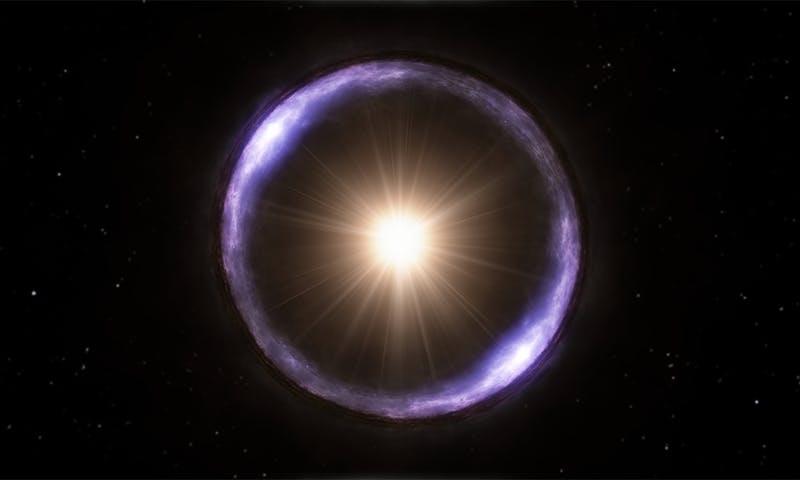


Jonathan Oppenheim at University College London has developed a new theoretical framework that aims to unify quantum mechanics and classical gravity – without the need for a theory of quantum gravity. Oppenheim’s approach allows gravity to remain classical, while coupling it to the quantum world by a stochastic (random) mechanism.
\r \r.
For decades, theoretical physicists have struggled to reconcile Einstein’s general theory of relativity – which describes gravity — with quantum theory, which describes just about everything else in physics. A fundamental problem is that quantum theory assumes that space–time is fixed, whereas general relativity says that space–time changes dynamically in response to the presence of massive objects.
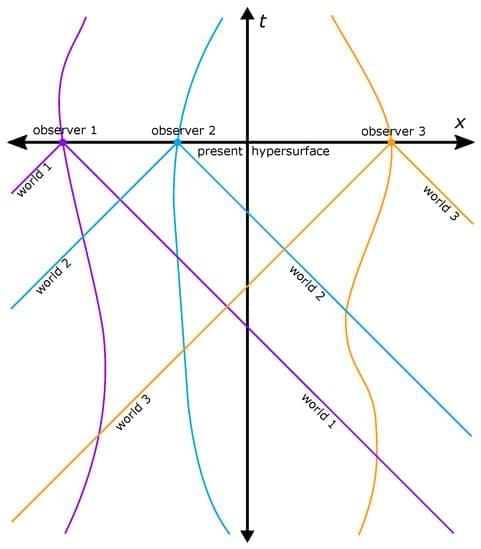
In 1948, Schwinger developed a local Lorentz-covariant formulation of relativistic quantum electrodynamics in space-time which is fundamentally inconsistent with any delocalized interpretation of quantum mechanics. An interpretation compatible with Schwinger’s theory is presented, which reproduces all of the standard empirical predictions of conventional delocalized quantum theory in configuration space. This is an explicit, unambiguous, and Lorentz-covariant “local hidden variable theory” in space-time, whose existence proves definitively that such theories are possible. This does not conflict with Bell’s theorem because it is a local many-worlds theory.
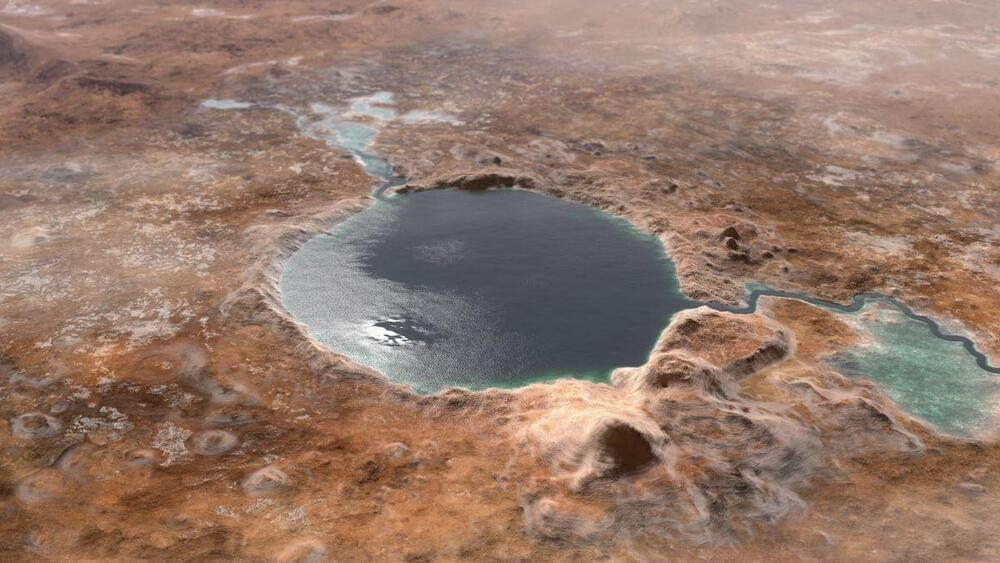
Evidence of ancient lake sediments at the base of Mars’ Jezero Crater offer new hope for finding traces of life in samples collected by NASA’s Perseverance rover.
Perseverance touched down on Feb. 18, 2021 inside the Red Planet’s 28-mile-wide (45 kilometers) Jezero Crater, which is believed to have once hosted a large lake and river delta. The rover has been scouring the crater in search of signs of past life and collecting and caching dozens of samples along the way for a possible future return to Earth.

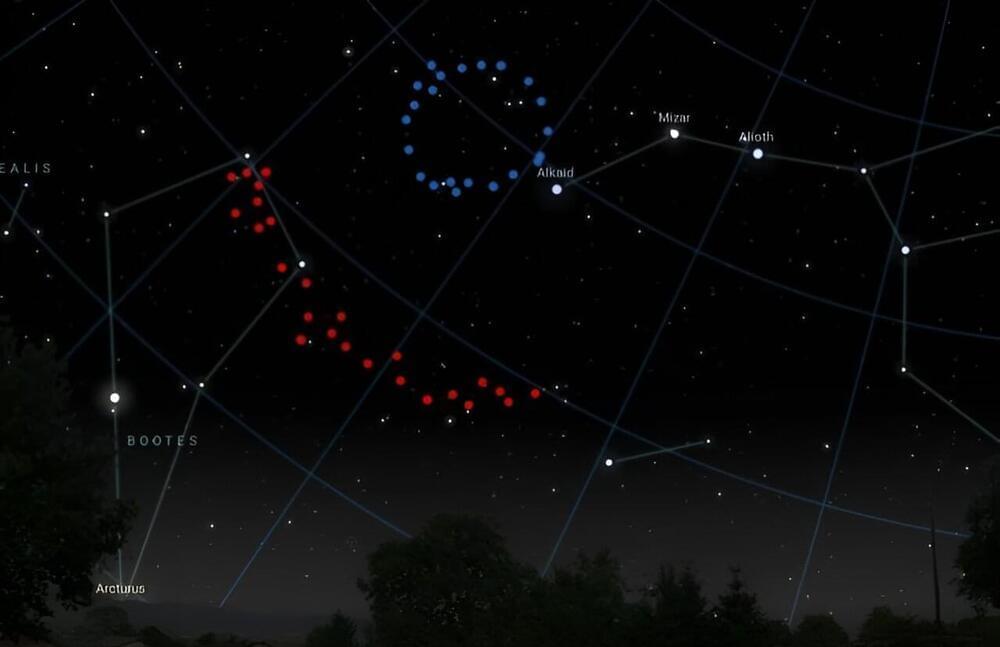
The Big Ring in the Sky is 9.2 billion light-years from Earth. It has a diameter of about 1.3 billion light-years, and a circumference of about 4 billion light-years. If we could step outside and see it directly, the diameter of the Big Ring would need about 15 full moons to cover it.
It is the second ultra-large structure discovered by University of Central Lancashire (UCLan) Ph.D. student Alexia Lopez who, two years ago, also discovered the Giant Arc in the Sky. Remarkably, the Big Ring and the Giant Arc, which is 3.3 billion light-years across, are in the same cosmological neighborhood—they are seen at the same distance, at the same cosmic time, and are only 12 degrees apart in the sky.
Alexia said, Neither of these two ultra-large structures is easy to explain in our current understanding of the universe. And their ultra-large sizes, distinctive shapes, and cosmological proximity must surely be telling us something important—but what exactly?

The Little Helicopter That Could, also known as NASA’s Ingenuity Mars Helicopter, has unfortunately ended its mission of exploring the surface of Mars after a historic 72 flights since its first flight in April 2021. The decision to end the mission came after teams discovered that at least one rotor blade was damaged enough to where it could no longer perform aerial duties. Despite this, Ingenuity remains standing upright and communicating with Earth continues, as well.
“The historic journey of Ingenuity, the first aircraft on another planet, has come to end,” NASA Administrator Bill Nelson said in a statement. “That remarkable helicopter flew higher and farther than we ever imagined and helped NASA do what we do best – make the impossible, possible. Through missions like Ingenuity, NASA is paving the way for future flight in our solar system and smarter, safer human exploration to Mars and beyond.”
Launched onboard NASA’s Perseverance rover on July 30, 2020, and landing in Jezero Crater on Mars on February 18, 2021, Ingenuity became the first aircraft to perform a powered flight on another world on April 19, 2021. Ingenuity was originally built for a 30-day mission where it would conduct five experimental flights to demonstrate that powered flight could be achieved on another planetary body other than Earth. With a total of 72 flights under its belt, Ingenuity has far exceeded expectations in terms of its original goals and objectives. This includes a horizontal flight distance of 2,315 feet (705 meters), which was accomplished just last month on December 20, 2023.
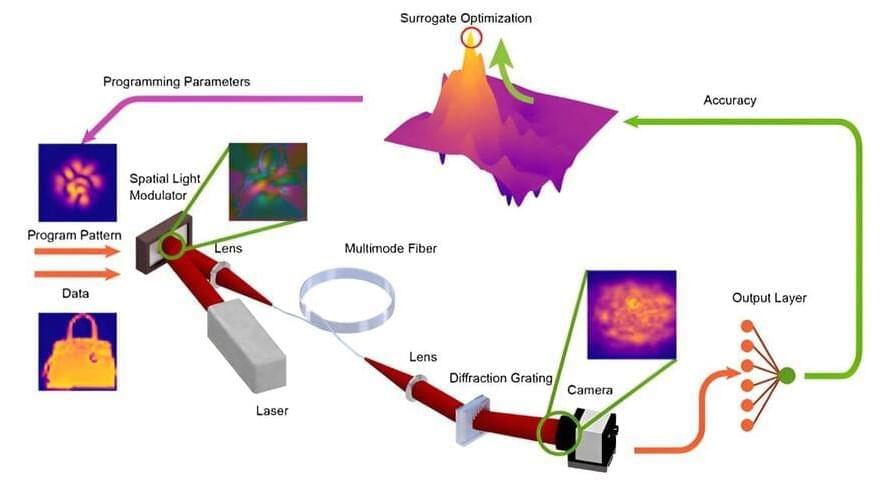
Current artificial intelligence models utilize billions of trainable parameters to achieve challenging tasks. However, this large number of parameters comes with a hefty cost. Training and deploying these huge models require immense memory space and computing capability that can only be provided by hangar-sized data centers in processes that consume energy equivalent to the electricity needs of midsized cities.
The research community is presently making efforts to rethink both the related computing hardware and the machine learning algorithms to sustainably keep the development of artificial intelligence at its current pace. Optical implementation of neural network architectures is a promising avenue because of the low power implementation of the connections between the units.
New research reported in Advanced Photonics combines light propagation inside multimode fibers with a small number of digitally programmable parameters and achieves the same performance on image classification tasks with fully digital systems with more than 100 times more programmable parameters. This computational framework streamlines the memory requirement and reduces the need for energy-intensive digital processes, while achieving the same level of accuracy in a variety of machine learning tasks.
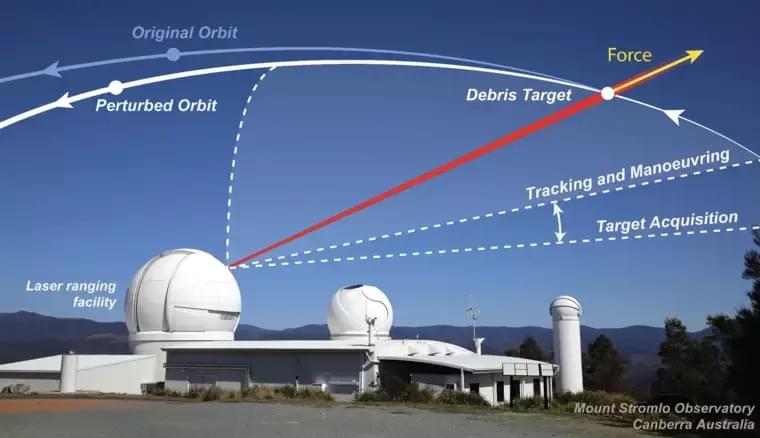
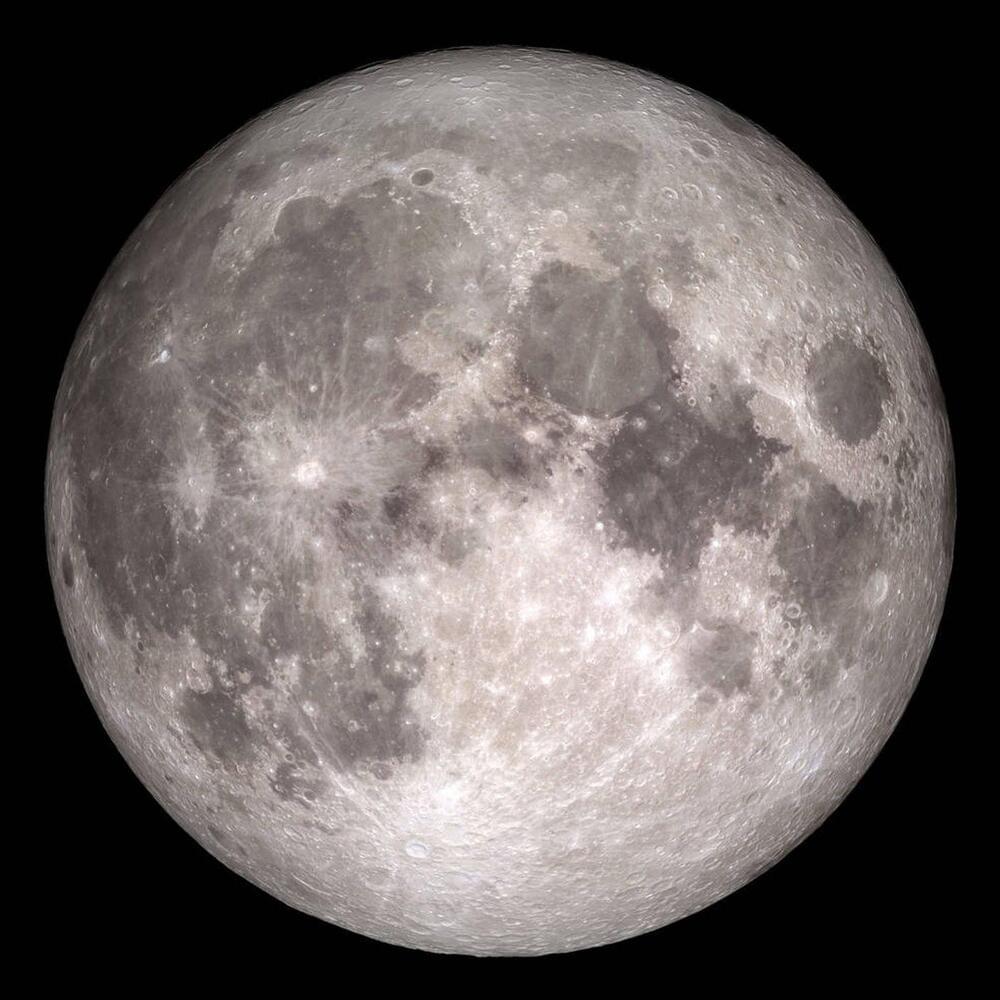
“Our modeling suggests that shallow moonquakes capable of producing strong ground shaking in the south polar region are possible from slip events on existing faults or the formation of new thrust faults,” said Dr. Thomas R. Watters.
Objects expand and contract from heating and cooling, and planetary objects are no different, which includes our nearest celestial neighbor, our Moon. Billions of years ago, the Moon was very volcanically active which caused it to expand from all the internal heat driving the volcanic activity. However, as this internal heat died down, the Moon began to cool, and has been contracting, or shrinking, ever since. Now, a recent study published in The Planetary Science Journal discusses how this shrinkage could be responsible for the lunar south pole becoming warped, leading to landslides and moonquakes, which increases safety risks for future astronauts, specifically with NASA’s Artemis program.
For the study, the researchers developed models of how seismic waves from moonquakes could cause powerful ground shaking and landslides near the lunar south pole, which is home to de Gerlache scarp, with a scarp being a geologic feature formed from the Moon contracting. Data from the Apollo Passive Seismic Network, which were a series of seismometers left on the lunar surface during Apollo 11, 12, 14, 15, and 16 and functioned between 1969 and 1977, indicates that de Gerlache scarp could have formed from an approximate magnitude-5.3 moonquake. The reason de Gerlache scarp is a crucial location is due to its proximity to one of the potential landing sites for the Artemis III mission, which is slated to be the first human landing of the Artemis program.
In the end, the researchers determined that strong to moderate ground shaking from a magnitude-5.3 moonquake could be felt as far as approximately 40 km (25 mi) from the epicenter with moderate to light ground shaking could be felt from approximately 50 km (31 mi) from the epicenter. Additionally, the researchers determined that such an event could cause lunar regolith landslides, noting that Shackleton Crater is particularly susceptible to such landslides.